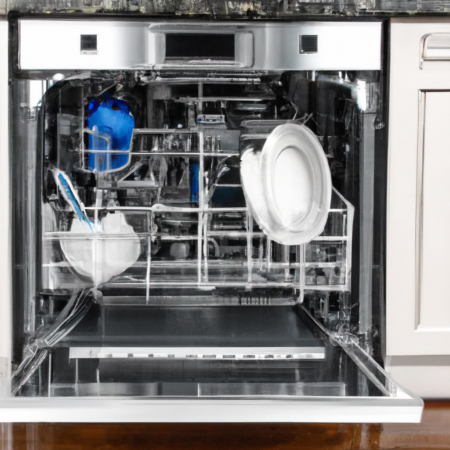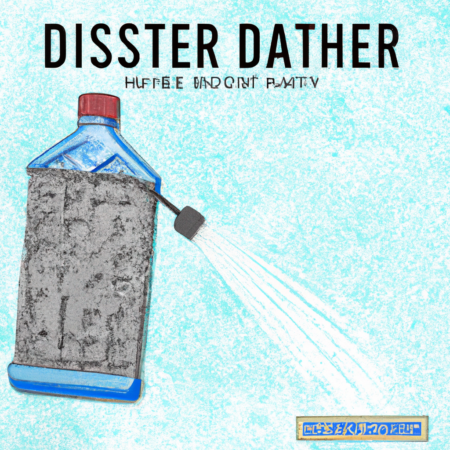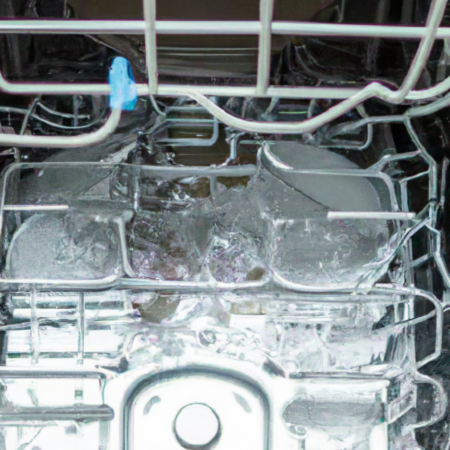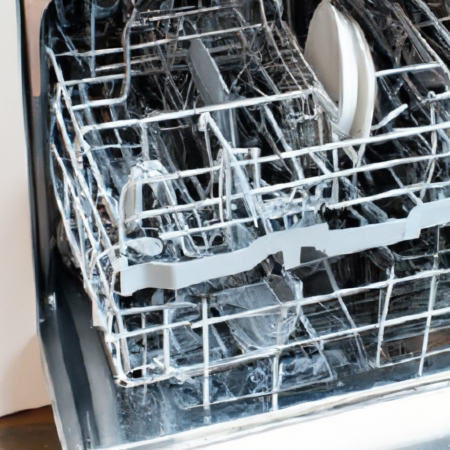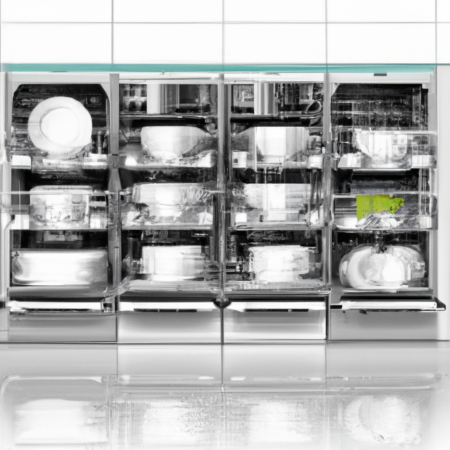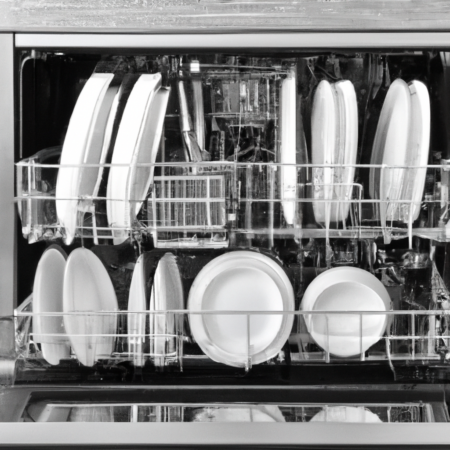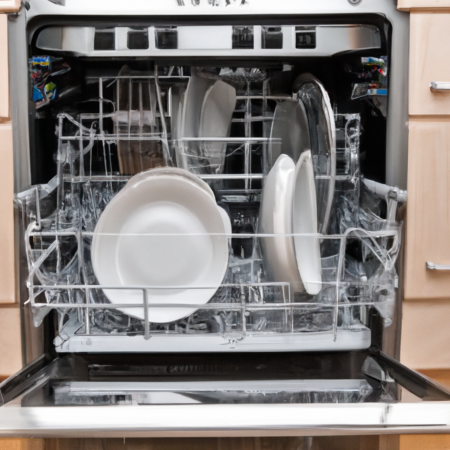If you’ve ever wondered whether hard water can wreak havoc on your beloved dishwasher, then this article is for you. We’ll explore the potential effects of hard water on your dishwasher, uncovering the truth behind the rumors and providing you with valuable insight to keep your appliance running smoothly. Say goodbye to the mystery and hello to a crystal-clear understanding of what hard water really means for your dishwasher.
Understanding Hard Water
Definition of hard water
Hard water is water that contains a high mineral content, specifically calcium and magnesium ions. These minerals are picked up by the water as it passes through rock formations and soil. The higher the concentration of minerals, the harder the water.
Common minerals in hard water
The most common minerals found in hard water are calcium and magnesium. These minerals can vary in concentration depending on the source of the water. Other minerals that may be present include iron, manganese, and sulfates.
Geographic areas prone to hard water
Hard water is prevalent in many regions around the world, but some areas are more prone to it than others. Certain geological formations, such as limestone and dolomite, contribute to the presence of hard water. Areas with a higher concentration of these rock formations, such as parts of the Midwest in the United States, are known for having particularly hard water.
Hard Water and Home Appliances
Effect of hard water on various home appliances
Hard water can have a negative impact on several home appliances, including dishwashers. The minerals in hard water can leave behind scale and residue on the heating elements, pipes, and dishes. This buildup can cause decreased performance and efficiency in appliances.
Comparison of hard water impact on different appliances
While hard water can affect various appliances, its impact on dishwashers is particularly evident. Due to the constant use of water in dishwashers, the minerals in hard water can accumulate more quickly, leading to more substantial scale and residue buildup. Dishwashers are also more susceptible to clogs and malfunctioning due to hard water deposits.

How Dishwashers Work
Basic mechanism of dishwashers
Dishwashers use a combination of hot water, detergent, and mechanical action to clean and sanitize dishes. The process typically involves filling the dishwasher with water, heating it to the desired temperature, and spraying it on the dishes using rotating arms. The water, detergent, and motion work together to remove food particles, grease, and stains.
Importance of water quality in dishwashers
Water quality plays a crucial role in the performance of dishwashers. The effectiveness of the detergent, the cleaning ability of the water, and the prevention of scale buildup are all influenced by the quality of the water used. Hard water can hinder these processes and reduce the overall efficiency of the dishwasher.
Hard Water Impact on Dishwasher Performance
Hard water and dishwasher cleaning efficiency
hard water can significantly impact the cleaning efficiency of dishwashers. The minerals present in hard water can combine with detergent, forming insoluble residue that can stick to dishes, glassware, and silverware. This residue can leave spots, streaks, and a cloudy appearance on the cleaned items, diminishing the overall cleanliness.
Signs that hard water is affecting your dishwasher
There are several telltale signs that hard water is negatively affecting your dishwasher. One common sign is the presence of white spots or streaks on your dishes after running a cycle. Additionally, you may notice a buildup of scale on the heating elements or interior walls of the dishwasher. Reduced performance, longer cleaning cycles, and the need for frequent repairs are also indicators of hard water-related issues.
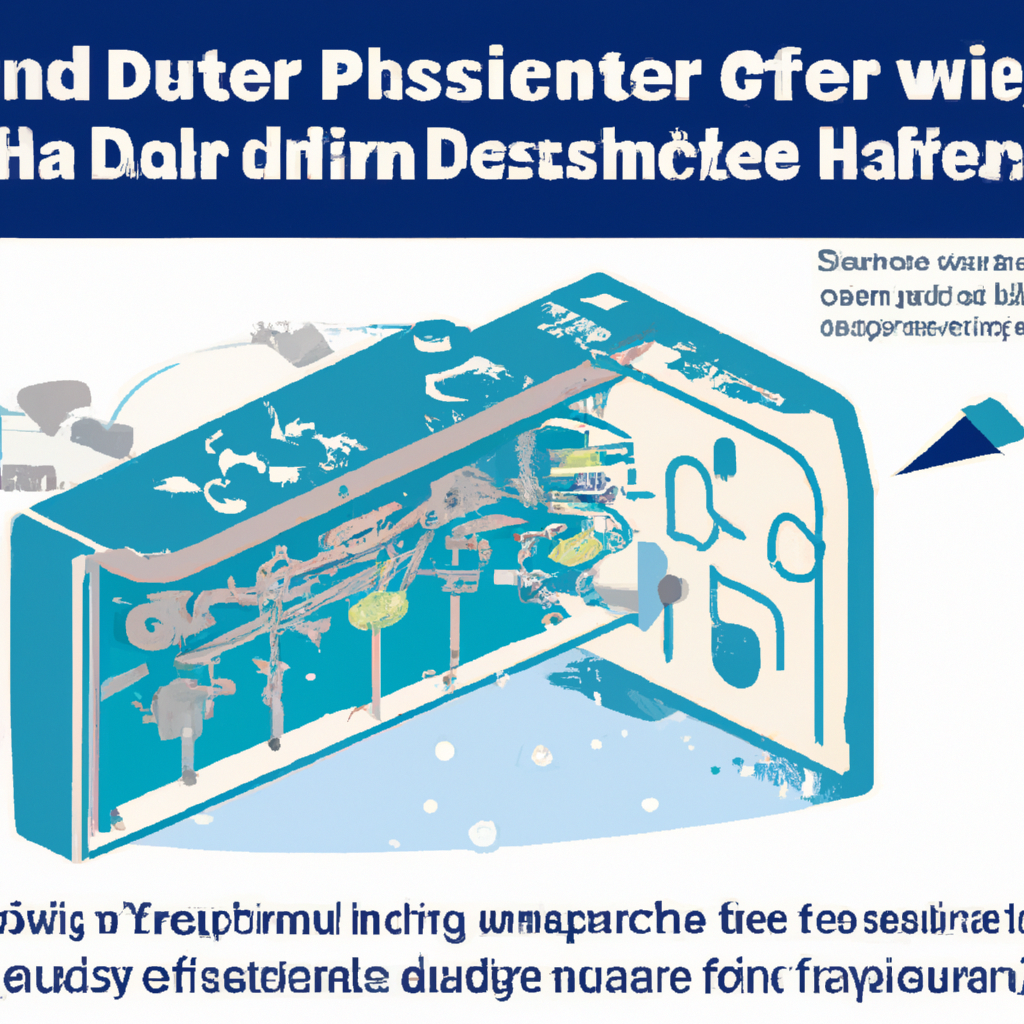
Hard Water and Dishwasher Longevity
The correlation between hard water and dishwasher lifespan
There is a direct correlation between the hardness of water and the lifespan of a dishwasher. The presence of minerals in hard water leads to scale buildup and clogs in the dishwasher’s pipes, heating elements, and spray arms. Over time, this can cause damage to the internal components and shorten the overall lifespan of the appliance.
Case studies or research on hard water and dishwasher durability
Several studies have been conducted to determine the impact of hard water on dishwasher durability. These studies consistently show that the use of hard water significantly reduces the lifespan of dishwashers compared to those using soft water. The buildup of scale and mineral deposits accelerates wear and tear on the dishwasher’s components, resulting in more frequent breakdowns and repairs.
Mineral Buildup in Dishwashers
How mineral buildup occurs
Mineral buildup in dishwashers occurs when the calcium and magnesium ions in hard water combine with heat and stagnant water, evaporating and leaving behind a residue. This residue often manifests as a white or grayish scale on the interior surfaces of the dishwasher, such as the spray arms, filters, and heating elements.
Effects of mineral buildup on dishwashers
The accumulation of mineral buildup can have several detrimental effects on dishwashers. Firstly, it can restrict the flow of water through the spray arms, leading to poor cleaning performance and uneven distribution of water. Secondly, it can insulate the heating elements, reducing their efficiency and increasing energy consumption. Finally, mineral buildup can cause clogs and blockages in the dishwasher’s pipes, further impeding its functionality.
Signs of mineral buildup in your dishwasher
There are a few signs that indicate the presence of mineral buildup in your dishwasher. One of the most noticeable signs is the appearance of white or grayish scale on the spray arms, filters, or heating elements. Additionally, you may notice reduced cleaning effectiveness or a film/residue left on dishes and glassware. Fluctuating water temperatures and unusual noises during the dishwasher cycle can also be indicators of mineral buildup.
Hard Water Impact on Dishware and Utensils
Effects of hard water on dishware cleanliness
Hard water can have a significant impact on the cleanliness of dishware. The minerals in hard water can leave behind residues, spots, and streaks on dishes, glassware, and silverware. In particular, glassware may become cloudy or have a dull appearance due to the mineral deposits. This not only affects the visual appearance of the dishware but can also impact the taste of drinks and food.
How utensils react to hard water
Utensils, such as cutlery and silverware, can also be affected by hard water. The minerals in hard water can cause these utensils to become discolored or develop a thin layer of scale. This can make them appear dull and tarnished, requiring additional cleaning and maintenance to restore their original shine.
Solutions to Hard Water Problems in Dishwashers
Using water softeners
One effective solution to combat hard water problems in dishwashers is to use a water softener. A water softener system works by removing the minerals that cause water hardness, such as calcium and magnesium ions. This helps prevent mineral buildup in the dishwasher and ensures better cleaning performance.
Frequency and methods of dishwasher maintenance and cleaning
Regular maintenance and cleaning of the dishwasher can also help minimize the impact of hard water. This includes regularly removing and cleaning the spray arms, filters, and other removable parts to prevent mineral buildup. Running a cleaning cycle with a dishwasher cleaner can further remove any scale or residue that may have accumulated.
Choosing dishwasher detergents for hard water
Selecting the right dishwasher detergent is crucial when dealing with hard water issues. Look for detergents specifically formulated for hard water conditions. These detergents contain additives that can help prevent mineral buildup and improve the overall cleaning performance of the dishwasher.
Comparing Cost: Hard Water Vs Soft Water Dishwasher Maintenance
Comparison of maintenance costs for hard water and soft water
When comparing the maintenance costs for hard water and soft water dishwashers, the former tends to have higher expenses. The frequent repairs, replacements, and descaling requirements due to hard water-related damage can add up over time. Soft water, on the other hand, reduces the need for these costly maintenance procedures.
Long-term financial implications of using hard water in dishwashers
Using hard water in dishwashers can have significant long-term financial implications. The lifespan of the dishwasher is shortened, resulting in more frequent purchases or repairs. Additionally, the use of more detergent and energy to compensate for the reduced cleaning efficiency of hard water can increase utility bills. Overall, the expenses associated with using hard water in dishwashers outweigh the costs of implementing water softening solutions.
Tips for Those Living in Hard Water Areas
Home strategies for combatting hard water
There are several strategies that can be implemented to combat hard water issues in homes located in areas prone to it. Installing a whole-house water softener system can remove the minerals causing water hardness, benefiting all water-using appliances, including the dishwasher. Additionally, using vinegar or citric acid as natural descaling agents can help remove mineral buildup from dishwashers and other surfaces affected by hard water.
Recommendations for dishwasher usage and maintenance in hard water areas
In hard water areas, it is recommended to run the dishwasher at the hottest water temperature setting, as this can help dissolve and remove mineral buildup. Regularly cleaning the dishwasher’s filter and spray arms is essential to prevent clogs and maintain optimal performance. Using dishwasher cleaners specifically designed for hard water conditions can further aid in preventing scale and residue accumulation.
By understanding the impact of hard water on dishwashers, implementing proper maintenance practices, and considering water softening solutions, one can ensure the longevity and optimal performance of their dishwasher, even in areas prone to hard water.


